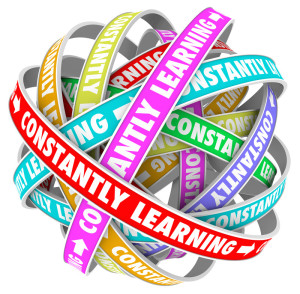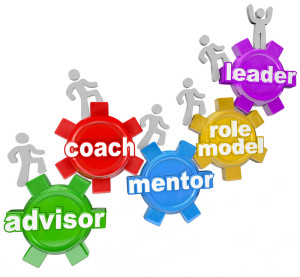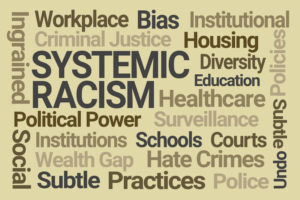I didn’t attend either of the two big March in-person health IT industry events – ViVE (CHIME+HLTH) and HIMSS22. But I’ve heard a lot of positives about both events from colleagues. Just seeing people in person after two years was a highlight for many. I admit, I miss the in-person connections as well! And I do look forward to attending the CHIME Fall Forum this year celebrating CHIME’s 30th anniversary.
person after two years was a highlight for many. I admit, I miss the in-person connections as well! And I do look forward to attending the CHIME Fall Forum this year celebrating CHIME’s 30th anniversary.
Like my blog post in November after the CHIME Fall Forum, I’m going to point you to what I consider one of the best resources to hear what health IT leaders from provider organizations and vendors had to say about the conferences and what’s on their mind these days.
Bill Russell has continued his Today in Health IT podcast series he calls “Interviews in Action” – interviewing 50 health IT leaders at ViVE and HIMSS22. Each interview is no more than 10-15 minutes long. After having family in town visiting this week, I’m behind on my daily dog walk podcast listening but I’ve heard almost all the ones that had been dropped through last week. That includes these CIOs among others: Michael Pfeffer at Stanford Medicine, Cara Babachicos at South Shore Health, Cletis Earle at Penn State Health, Andrew Rosenberg at Michigan Medicine, Nassar Nizami at Jefferson Health, Andy Crowder at Atrium Health, and Jamie Nelson at Hospital for Special Surgery. While there are common themes such as staffing and talent, clinician burnout, and cybersecurity, you will also learn about the top focus areas for each organization. You can hear from these CIOs and many other IT leaders and vendors on the Newsroom channel.
Whether you attended these events or not, you’ll find the interviews insightful. And if you are looking for more ways to learn and keep current, check out the other new channels that Bill and his team at This Week in Health IT launched as of January – Academy, Community, and Conference which includes both keynotes and solution showcase podcasts.
You may also want to check out the podcast series from CHIME, HealthsystemCIO.com, and CIO Podcast by Healthcare IT Today.
Happy listening!
Related Posts:
More podcast recommendations – going beyond HIT








